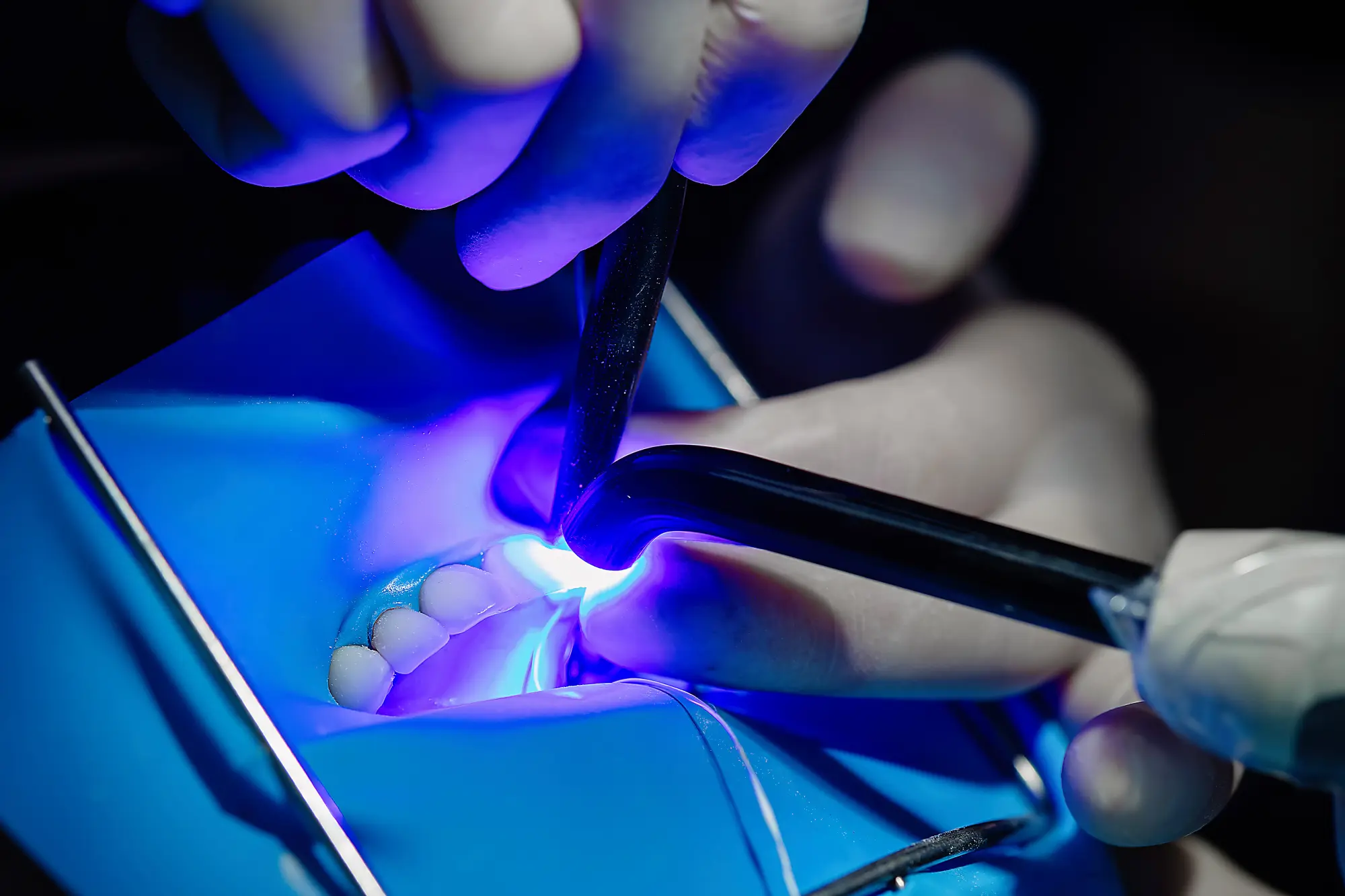Home Office Deductions for Dentists
October 22, 2020
Dental Business HacksHome Office Deductions for Dentists
If you have a home office, there is no reason to keep it off of your tax return. As long as you completely separate your clinical duties from your managerial and administrative duties, you are absolutely eligible as a dentist to take the home office deduction. Let’s dive into the ways you can get started.
Home Office Rules and Qualifications
In order to take the home office deduction as a dentist, you must have exclusive and regular use of the home office, and the home office must qualify as a convenience to the employer. Exclusive use means that your home office is set up ONLY for office work. Take a picture of the home office area to prove to the IRS that you are entitled to the deduction.
In order for your home office to qualify as “regularly used”, you need to log in about 10 hours a week. The IRS does take time logs as documentation. Include the date, number of hours, and business use summary for the timeframe when logging.
You’ll need to have some type of documentation that the company has decided to use the practicing doctor’s home office at the convenience of the practice, such as it is company policy that administrative responsibilities are not completed in areas that non-managerial staff are allowed to have access.
What Dentists Can Deduct for a Home Office
There are many things that can be documented as a home office expense, such as utilities, security systems and subscriptions, telephone and internet services, furniture, computer equipment, and more. Separate each expense into the following categories:
- Allocable – Eligible: Expenses paid in the house and a portion is used by the home office.
- Allocable – Non-Eligible: Expenses paid in the house and none of the expense is used by the home office.
- Non-Allocable – Eligible: Expenses made in a certain area of the house that specifically is for the home office.
- Non-Allocable – Non-Eligible: Expenses made in a certain area of the house that is not utilized by the home office.
How to Reimburse Yourself for Home Office Expenses
There are two separate ways you will be reporting and reimbursing yourself for the home office deduction. Here are the rules:
- For any entity in which you are an employee or one of multiple partners of a practice you will need to set up an accountable plan. (Typically means you file a business tax return and are an entity such as an S-Corp, C-Corp, or some type of 1065 partnership)
- For any entity in which you are not an employee or one of multiple partners of a practice you will need to take the deduction on your personal tax return under the form 8829. (Typically means you file just a personal return along with a Schedule C)
If you fall into the second category, you typically don’t have any more work to complete other than keeping copies of your receipts for home office expenses for documentation purposes. So if you fall in the first category, you must: set up an accountable plan, track, log, and keep documentation your business expenses, request reimbursement for your home office expenses, and reimburse yourself from the business in order for you to legally take these deductions as business expenses.

.png)


.png)